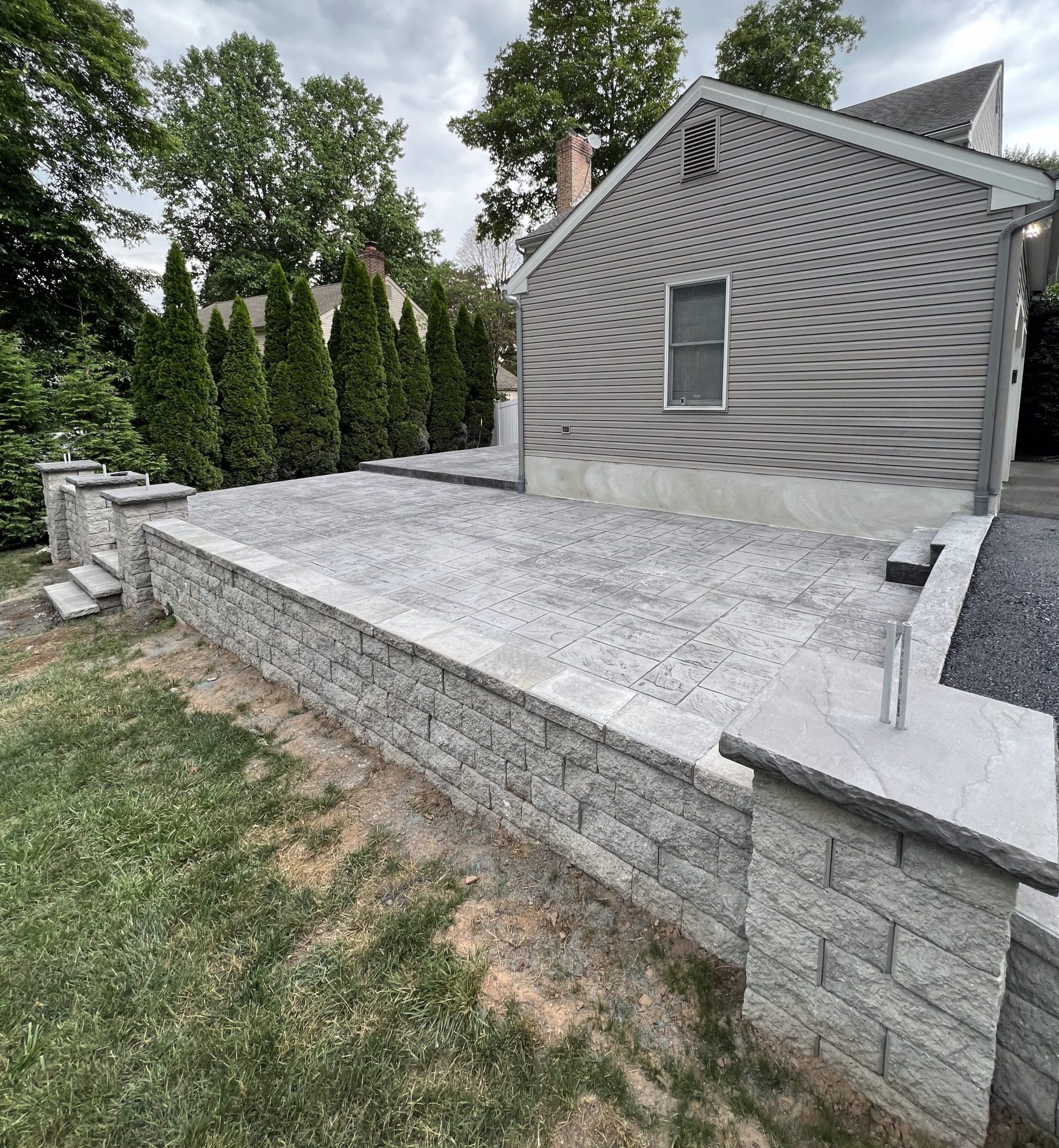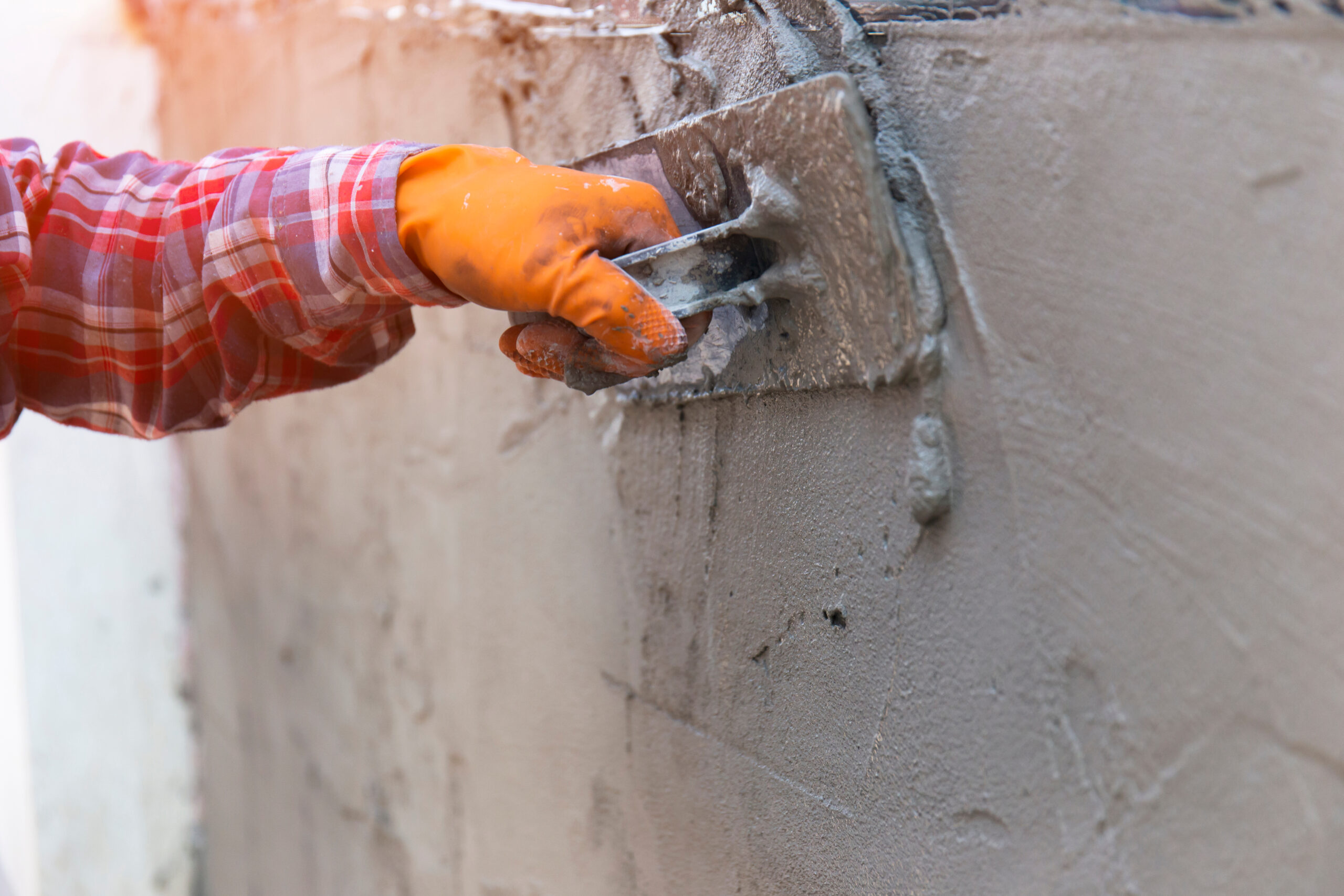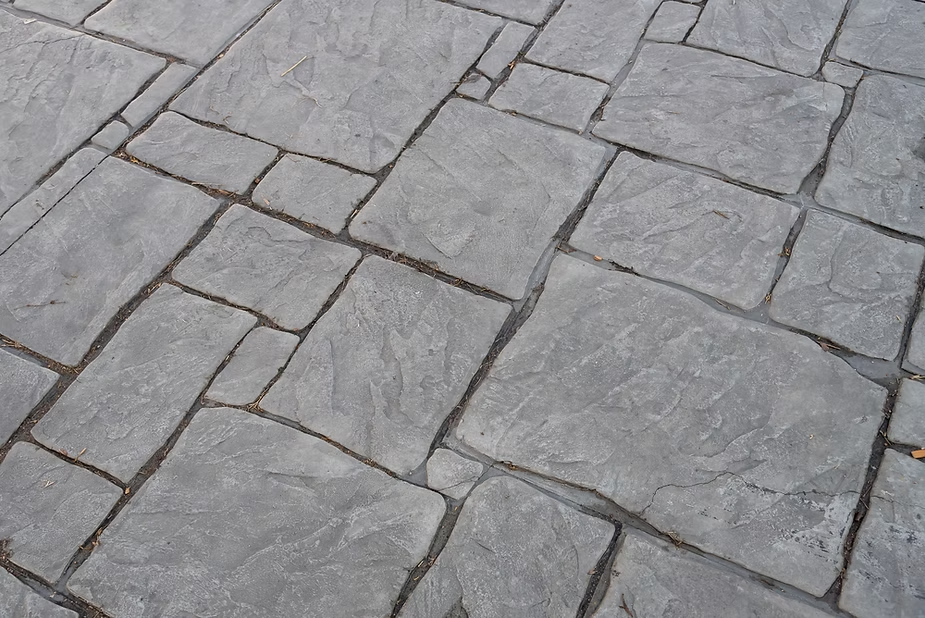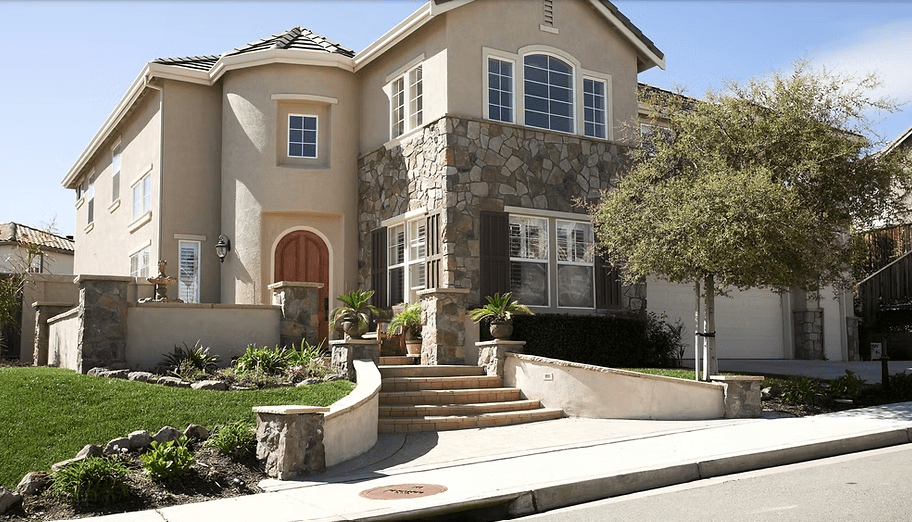If you’re considering installing a retaining wall or replacing an existing one that is past its prime, it’s important to consider the elements that will make sure your retaining wall lasts. With a new or repaired retaining wall, you are investing in both a project as well as the visual appeal of it. How long the retaining wall lasts depends on the material you use, the quality of the installation, the environment where it is located, and how it is maintained and cared for over time.
Let’s break it down and talk about what factors might contribute to a retaining wall’s longevity so you can make the most informed choice for your property.
Material Matters
The material of your retaining wall will play a substantial role in determining how long it will last. For instance, timber has an attractive natural look but even pressure-treated wood would last 20-40 years. It highly depends on drainage and if the base was prepared to avoid moisture. Timber is charming to look at, but it is subject to rot and is highly susceptible to damage from wet or humid areas.
Interlocking concrete blocks are strong and will last longer, some will endure 100 years or more with little maintenance. If a homeowner prioritizes low upkeep and structural integrity it is a good choice. Concrete also allows more customization for aesthetic purposes; for example, stamped concrete in Conshohocken, PA can look like stone or brick and be stronger.
Natural stone is a good compromise on longevity and aesthetics. Stone walls are typically durable for 40-100 years and provide a timeless, organic quality to your landscape. They are generally more expensive for installation, but some find value to them both aesthetically and for their durability. Brick also provides a very attractive option but is not nearly as strong as concrete or stone for longer scale projects. Gabion walls (a fancy term for wire cages holding rocks) can also provide some unique aesthetics and flexibility as they move with the earth. If properly supported, they can provide creative solutions in certain conditions, but poor soil conditions may not suit them well.
Longevity Isn’t Just About the Material
No matter how tough the material, it won’t do any good if the wall is not built correctly. Good base, good level, and good anchored means a much longer life. Bad drainage is one of the leading causes of a retaining wall failing. Water backing up behind a wall creates more and more pressure, which leads to bowing, tilting, and eventual structural failure.
Implementing proper drainage systems; gravel backfill, French drains, weep holes, etc., can really alleviate many of the issues. It’s not only a matter of keeping the water out, but also giving it somewhere to go.
Climate is also an important factor. If the area you live in is the type of location prone to freeze-thaw cycles, heavy rain, or snow, your retaining wall will have to be able to endure these conditions as it will have some stressors. Planning for your specific area can save you from unnecessary repairs sooner than later. You will want to pay attention to everything nearby, including nearby wall features like siding or stucco. For example, if moisture is compromising nearby walls, prompt stucco repair in Chalfont can help preserve your investment.
In conclusion, regular maintenance helps get the most out of your retaining wall. Regular inspections will help notice signs of deterioration sooner than later like leaning, cracking, or areas of water intrusion. Fixing smaller problems now can save you problems, headaches, and money sooner than later.
A Long-Term Investment
So how long will a retaining wall last? The short answer: 20 to over 100 years. The long answer is, it depends on the material, construction quality and maintenance of the wall. A well built and maintained retaining wall not only solves draining and erosion problems, it also adds value, use and beauty to your property. Thinking about adding or replacing a retaining wall? Reach out to Q&E Keystone Masonry for expert guidance, quality materials, and professional installation built to last.






